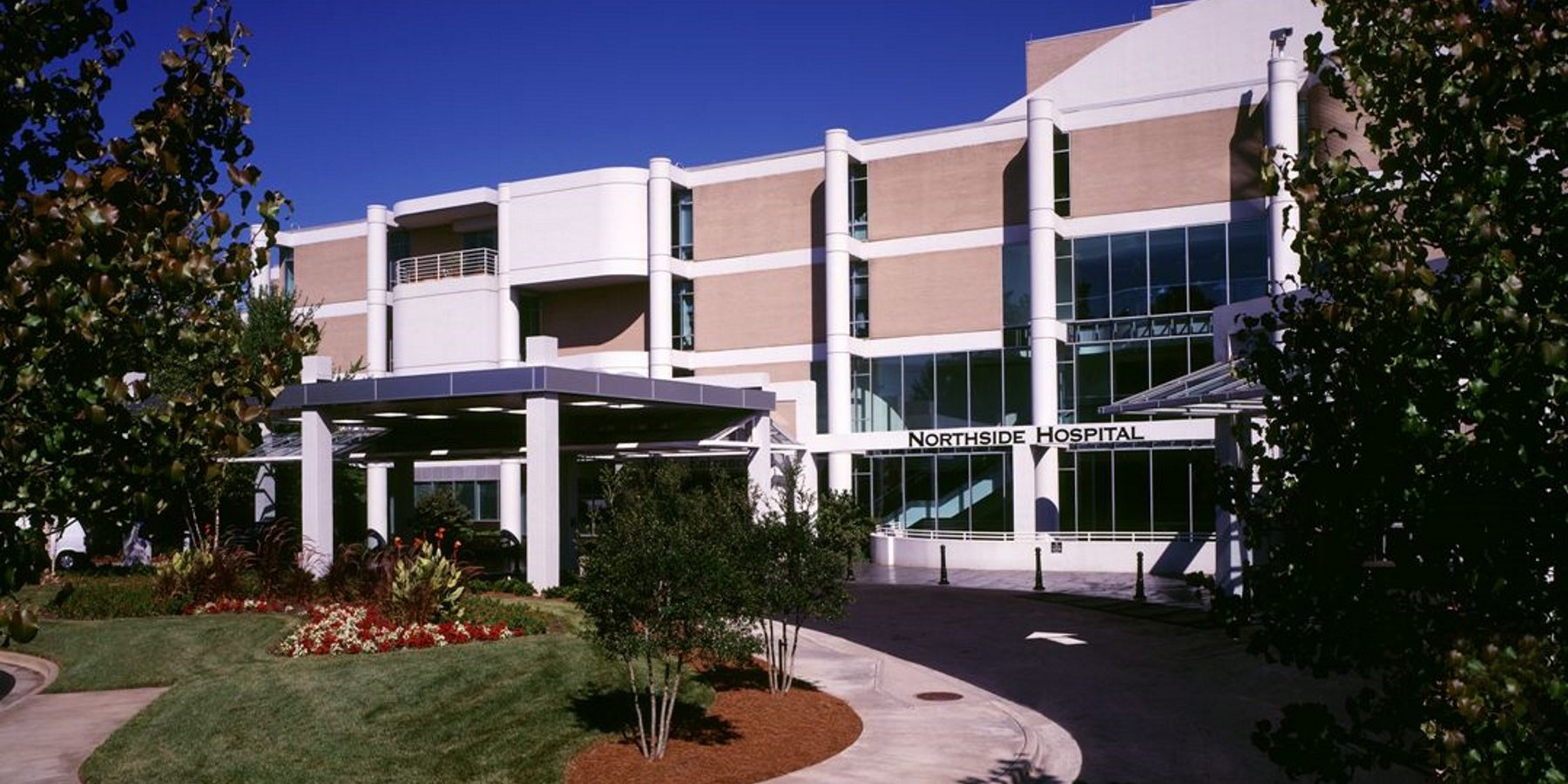A Real Deal: Northside-Gwinnett Merger Finally Gets Federal Approval

From the standpoint of medical services, the deal should provide complementary services. Northside Hospital has leading services in women’s health and cancer, while Gwinnett Health System has a portfolio that features cardiovascular care and orthopedics. Northside’s financial pockets are much deeper than Gwinnett’s, and it presumably would be the controlling entity once the merger is completed.
Courtesy of Northside Hospital
The wait is over.
After years of delay while seeking regulatory approval, Northside Hospital and Gwinnett Health System said Tuesday that they have obtained federal approval to merge their operations.
The merger, expected to be finalized this summer, will create a system with five hospitals, more than 250 outpatient locations and 21,000 employees.
The mega-deal of nonprofits Northside and Gwinnett was once forecast to close in 2016. Late last week, the Federal Trade Commission completed its review of the combination and gave its approval to move forward, the nonprofit hospital systems said.
Northside operates hospitals in Canton and Cumming as well as its flagship hospital in Sandy Springs, which it says delivers more babies than any other U.S. hospital. It’s also among the state’s top providers of surgical services.
“We are excited to move forward on the merging of our two health systems,” Bob Quattrocchi, president and CEO of Northside Hospital, said in a statement. “Leaders from both systems are already meeting to develop a comprehensive integration plan that honors our employees and physicians. This plan ensures that our patients continue to receive quality health care with no disruption of service.”
Gwinnett Medical Center, whose parent company is Gwinnett Health System, operates hospitals in Lawrenceville and Duluth.
“Through the merged entity, Gwinnett County will continue to have access to world-class medical treatment,” Philip Wolfe, president and CEO of Gwinnett Health System, said in a statement. “Health care is a dynamic industry that requires complex technology, highly skilled medical professionals and exceptional leadership. I’m confident the merger will help sustain our ability to offer leading-edge, compassionate and effective health care close to home for many years to come.”
The deal will continue the hospital consolidation trend, which has reshaped the health care landscape across Georgia. Hospitals have pursued combinations to reduce costs and increase their leverage in negotiations with health insurers over reimbursements for medical services. Insurers argue that such deals actually raise hospital prices.
The Northside/Gwinnett merger has been in the works since 2015. The state attorney general’s office approved it in mid-November 2017. Afterward, Northside said the combined system could start running in early 2018, but the wait continued into this year. Experts were perplexed that it was taking so long because some health care mergers are wrapped up within a few months.
From the standpoint of medical services, the deal should provide complementary services. Northside has leading services in women’s health and cancer, while Gwinnett has a portfolio that features cardiovascular care and orthopedics.
Northside’s financial pockets are much deeper than Gwinnett’s, and it presumably would be the controlling entity once the merger is completed.
The combined system will be a powerful player.
“They’re well positioned to capitalize on the population growth’’ in the northern Atlanta suburbs, said Craig Savage of CMBC Advisors, a North Carolina-based consulting firm.
The merged entity will have more clout in negotiating rates with insurers, Savage said. “From a market perspective and service line perspective, [the merger] makes a heck of a sense.”
Andy Miller is editor and CEO of Georgia Health News








